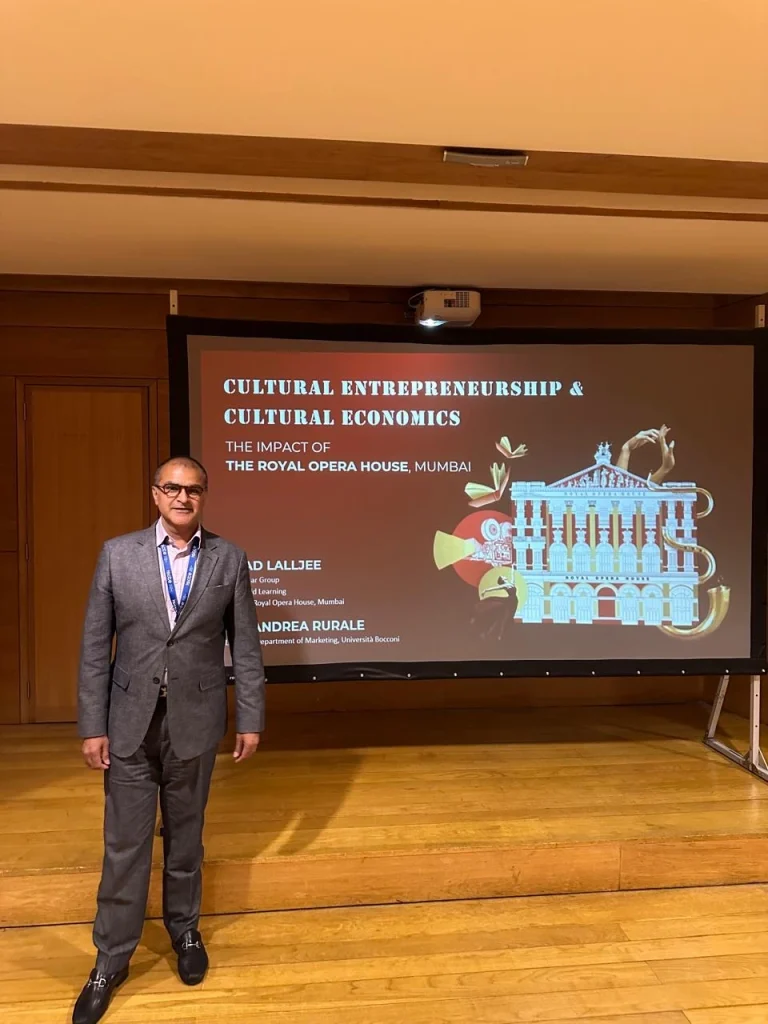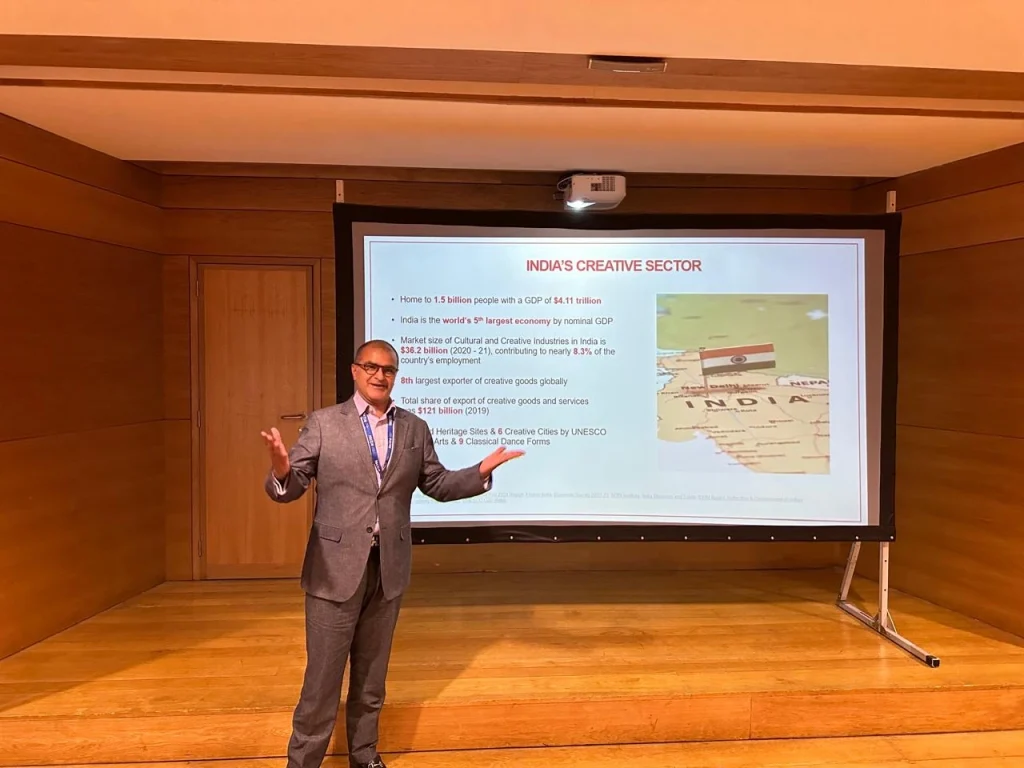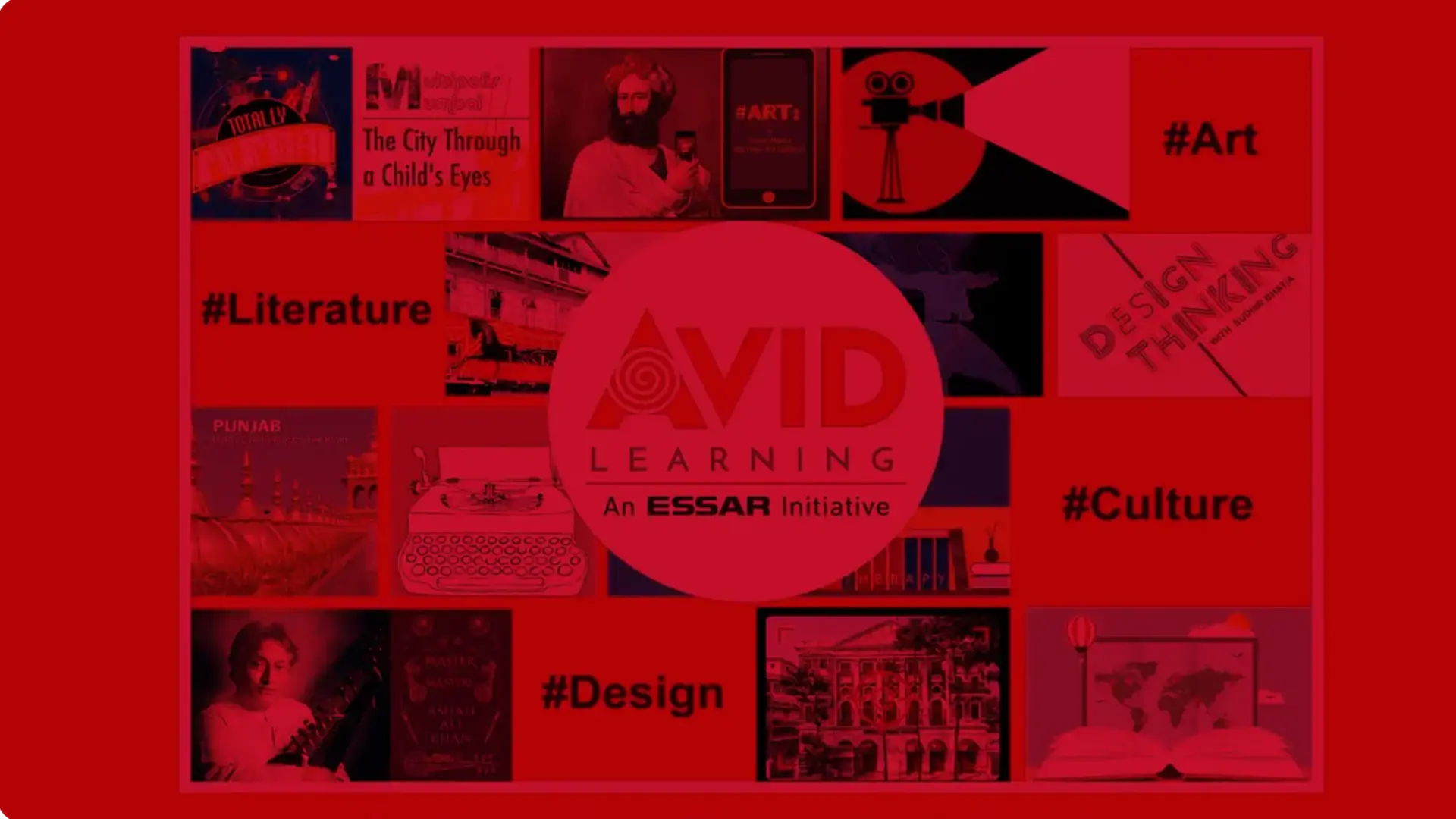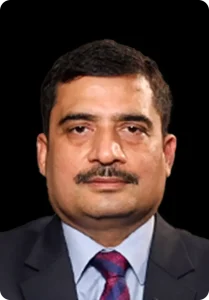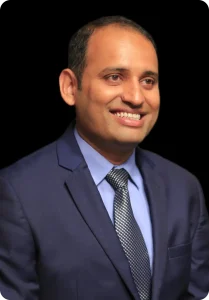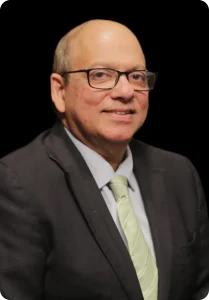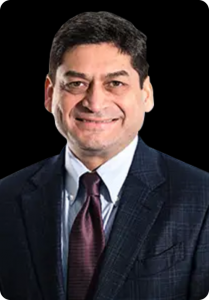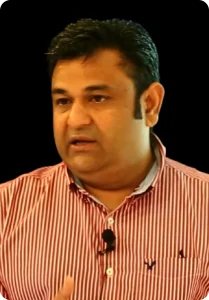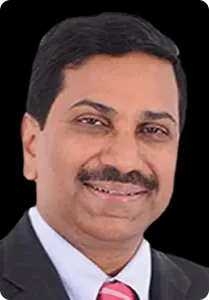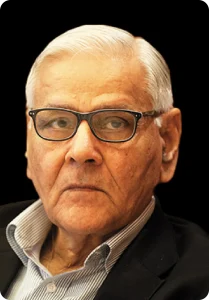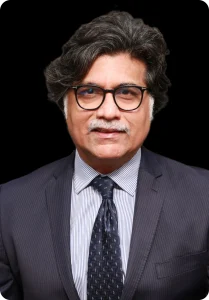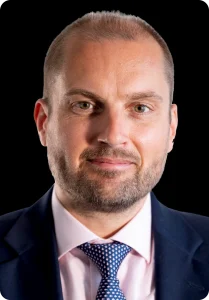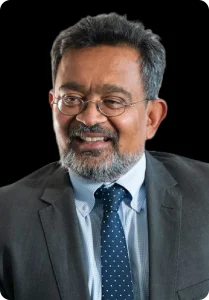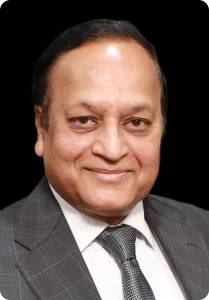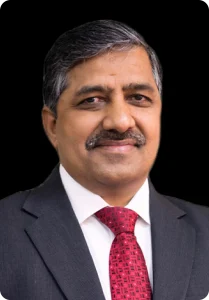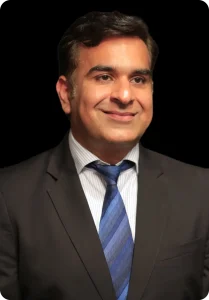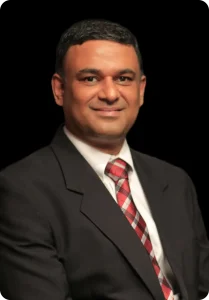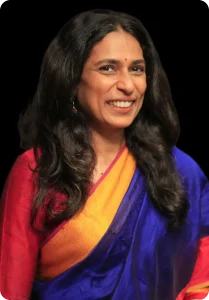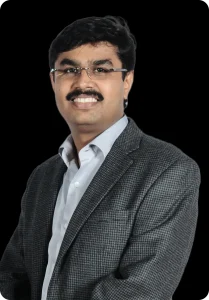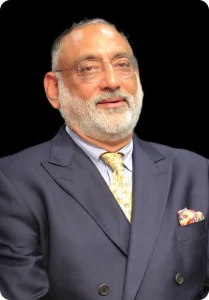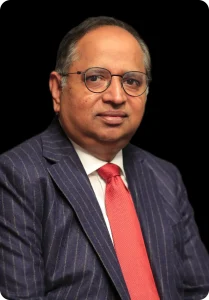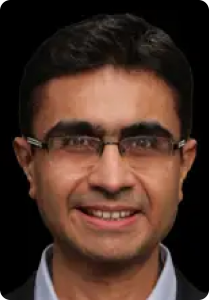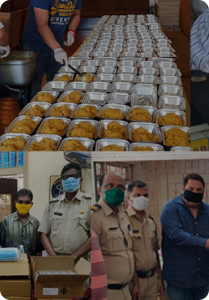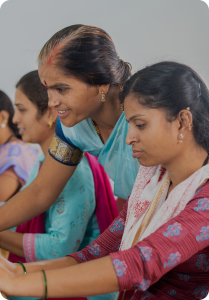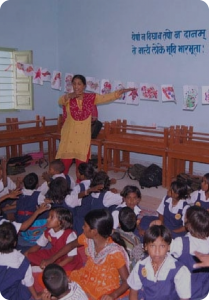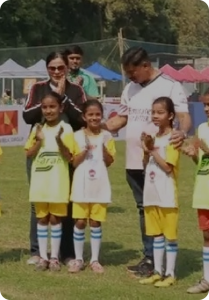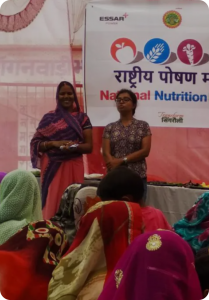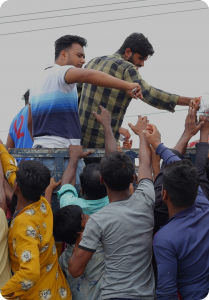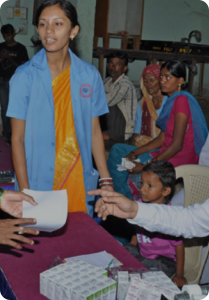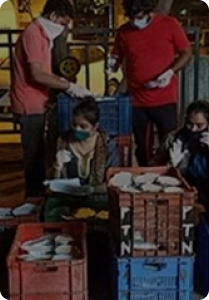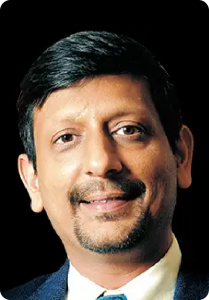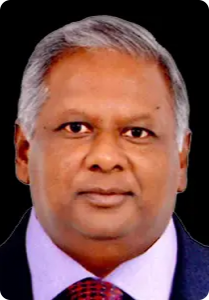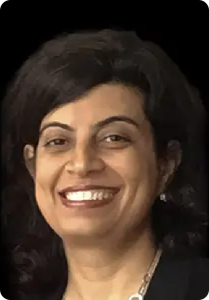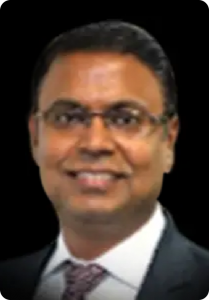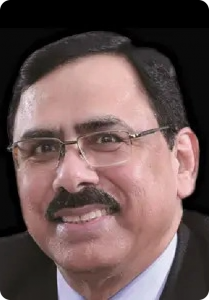The story of opera in India is a fascinating tale of cultural exchange. While confirming the exact debut of Western opera in India remains challenging, scholars suggest its roots trace back to the 1830s. Early performances of Mozart’s “Don Giovanni” and Rossini’s “L’italiana in Algeri” in Calcutta set the stage for opera’s gradual rise in the subcontinent.
Queen Victoria’s coronation as Empress of India in 1876 marked a turning point, spurring the construction of grander venues. Bombay (now Mumbai) emerged as an operatic hub, with the Grant Road Theatre and Framjee Cowasjee Institute hosting touring companies. The crowning achievement was the establishment of Bombay’s Royal Opera House, a dedicated space that became the epicenter of Western classical music in India.
Intriguingly, this cultural exchange was not one-sided. Between 1750 and 1850, French opera composers found rich inspiration in Indian culture and music. This period saw numerous French operas featuring Indian themes, characters, and musical elements, creating a fascinating artistic dialogue between East and West.
The Royal Opera House, Mumbai, is widely touted as the city’s cultural crown jewel and India’s only surviving Opera House. When it reopened after 25 years in October 2016, CEO, Avid Learning Asad Lalljee was formally invited to curate the cultural programming at this venue. The architectural heritage has since established itself as a center for Mumbai’s artistic and cultural community.
Opera’s ambition is to integrate arts – combining music, movement, theatrics, scenography, design, and lyrical poetry. It incorporates the very essence of all the arts. Just like the art form, The Royal Opera House, as a venue, embraces the breadth of the arts on the stage.
As a cultural catalyst, Avid Learning, the cultural philanthropy arm of Essar Group is committed to elevating the artistic landscape of Mumbai. Through enduring partnerships, it brings the best of performing arts, literature, design, and genres that defy easy categorization to the city, curating a diverse array of experiences. These efforts transcend mere performances, fostering cross-cultural exchange and igniting a dialogue between various artistic traditions worldwide.
Nominated by General Director, Teatro ReaI, Madrid, Spain Ignacio García-Belenguer Laita, Asad participated as the sole Indian representative in a roundtable discussion at the World Opera Forum in Los Angeles, hosted by Opera America from June 3-8, 2024. This exclusive gathering brought together global opera practitioners to explore the art form’s relevance and impact in the 21st century.
The forum emphasized the importance of opera engaging deeply with its communities’ social and political landscapes to maintain relevance amid global challenges. It stressed that opera must expand its mission beyond traditional boundaries, harnessing its power to convene, communicate, educate, and bridge divides to enhance societal well-being. Discussions explored the balance between production demands and civic engagement, emphasizing the value of public service aesthetics as much as those of production. Asad shared valuable insights from the Royal Opera House Mumbai’s experiences, contributing a unique perspective to the global dialogue. The dialogue was an excellent platform for knowledge exchange and to discuss creative collaboration with the global opera community including Artistic Director, Teatro Real Joan Matabosch Grifol; Director General, Theatro Municipal de São Paulo, Brazil Andrea Caruso Saturnino; and Professor, Music in Entrepreneurship and Leadership, University of Michigan Antonio Cuyler to name a few.
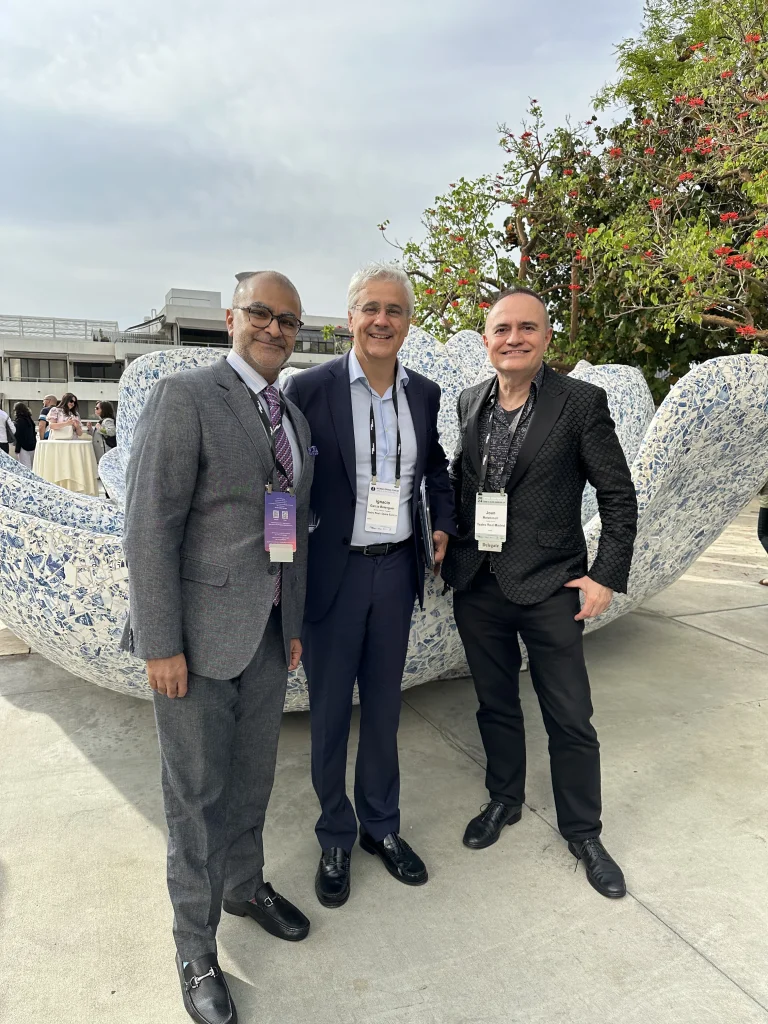
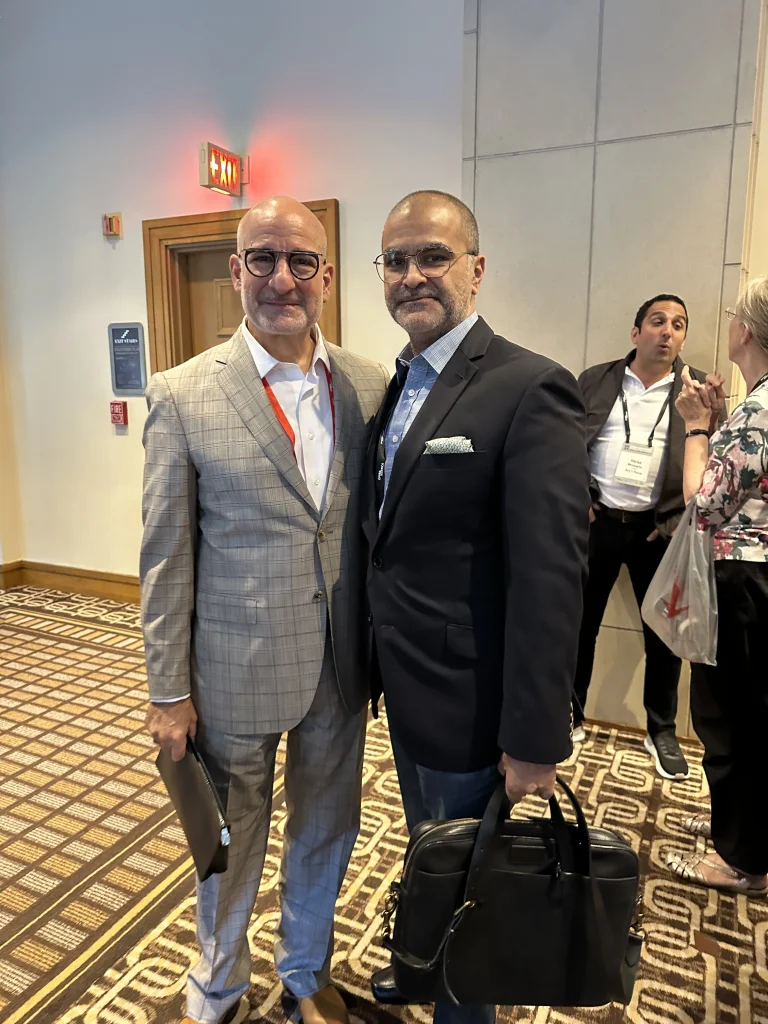
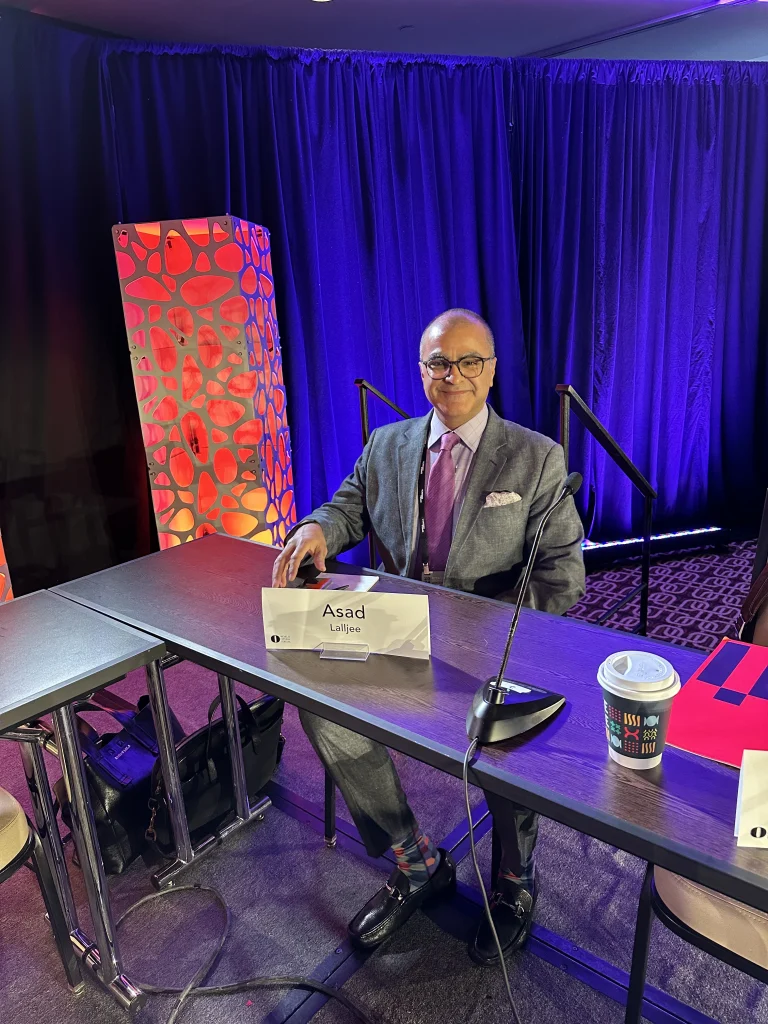
Bridging continents and disciplines, Asad Lalljee’s next engagement brought Opera House and Mumbai’s cultural transformation to the forefront of academic discourse. On June 25, 2024, Asad presented a research paper at the 17th International Conference on Arts and Cultural Management (AIMAC 2024) in ISCTE – Lisbon University Institute, Lisbon, Portugal. Co-authored with Lecturer, Department of Marketing, Università Bocconi Andrea Rurale, the paper titled‘ Cultural Entrepreneurship and Cultural Economics: The Impact of the Royal Opera House, Mumbai’ examined the renovated heritage structure’s influence on Mumbai’s cultural landscape. This presentation built on Asad’s lecture on creative cultural entrepreneurship in India with The Royal Opera House as the muse at the University of Valladolid, Spain in 2022 Following this, Asad was invited to present at the 22nd Association for Cultural Economics International conference, hosted by The Center for Cultural Affairs at Indiana University, Bloomington, USA in 2023.
Asad’s presentation highlighted the Opera House’s role in revitalizing performing arts in the city, its impact on cultural consumption and economic development, and strategies for preserving heritage while fostering innovation. The conference also provided an opportunity to strengthen academic ties, reconnecting with Associate Professor, Università Bocconi Stefania Borghini, underscoring Avid Learning’s enduring relationship with SDA Bocconi, with Asad lecturing visiting students from the university.
The AIMAC conference drew arts and cultural practitioners, educators, and leaders from around the world. It featured discussions on critical topics including theatre attendance, innovation in performing arts by luxury fashion brands, post-COVID well-being in arts organizations, and strategies for cultural participation. Additional presentations addressed sustainability in world heritage sites, stakeholder engagement for securing funding, the impact of digital technology, and cultural management strategies.
The Royal Opera House, Mumbai has successfully reimagined its role by embracing diversity and inclusivity, establishing a welcoming space for all. Its eclectic programming, ranging from classical opera to contemporary performances, has attracted new audiences and fostered a growing appreciation for opera’s cultural significance.
In the words of Founder and Editor, Serenade Magazine Nikhil Sardana “The success of the Royal Opera House, Mumbai, under Asad Lalljee’s stewardship, is a testament to the appeal and adaptability of the performing arts. Its representation at the biggest opera spectacle – the World Opera Forum is a moment of pride, exemplifying that traditional aesthetics and modern innovations can coexist and enrich each other, and showcasing the transformative power of the arts in the 21st century.”

